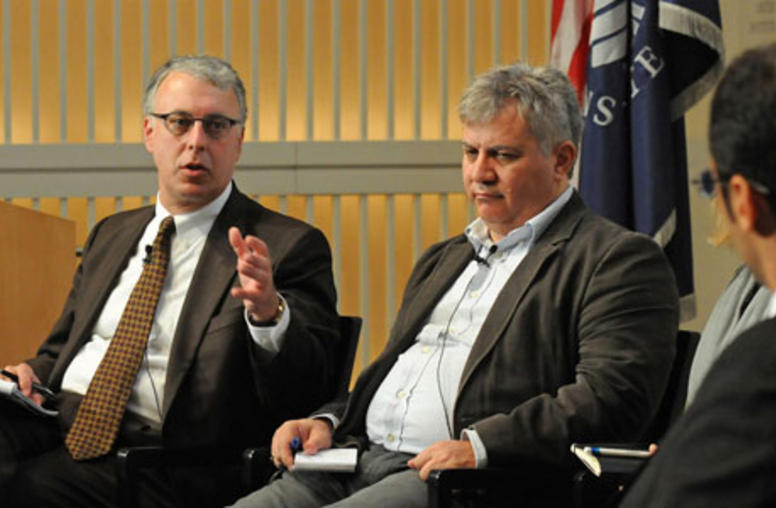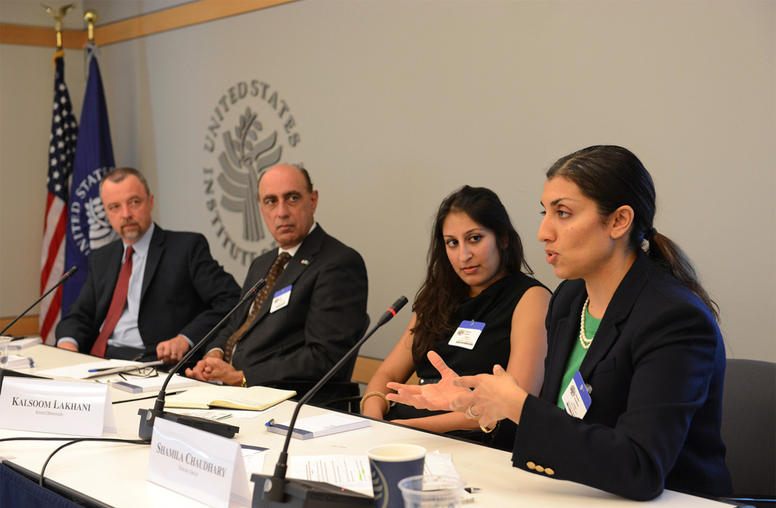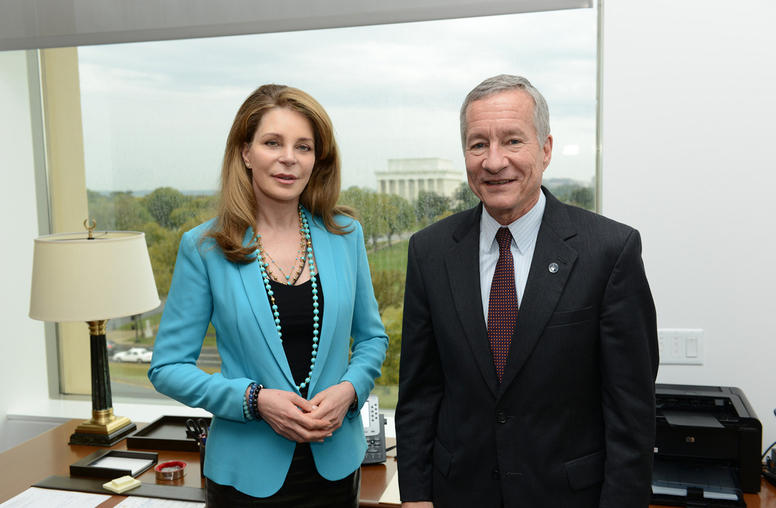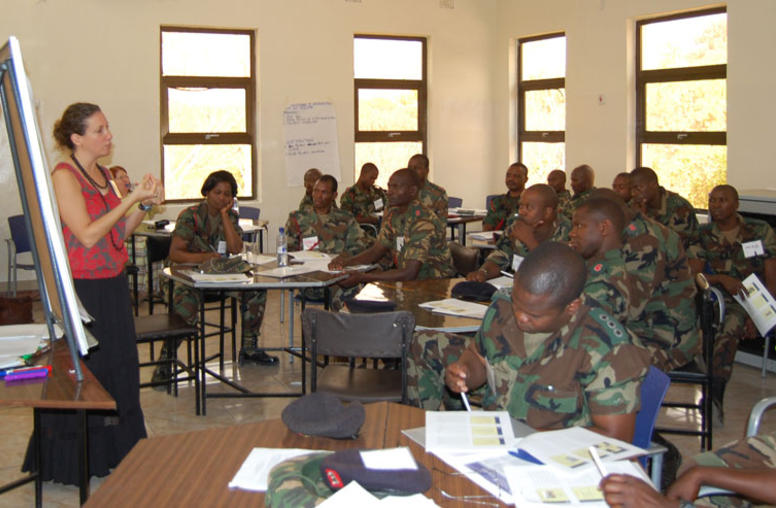Publications
Articles, publications, books, tools and multimedia features from the U.S. Institute of Peace provide the latest news, analysis, research findings, practitioner guides and reports, all related to the conflict zones and issues that are at the center of the Institute’s work to prevent and reduce violent conflict.

'Day After' Members Discuss Post-Assad Syria Transition at USIP
Several Syrian opposition activists engaged in a project known as “The Day After” appeared at the USIP on October 4 to discuss the challenges of achieving a post-Assad democratic transition amid intensifying violence, militarization of the revolution, sectarian tensions and repression by the Syrian regime.
Peace Economics: Questions and Answers
"Peace Economics" authors Jurgen Brauer and J. Paul Dunne discuss their recent book on economic principles in violence-afflicted states. 1. What is peace economics? Peace economics is the branch of economics that studies the design of societies’ political, economic, and cultural institutions and their interacting policies and actions to prevent, mitigate, or resolve any type of latent or actual violent conflict within and between societies. 2. What topics are covered in the volu...
USIP’s Work in Conflict Zones
David Smock, senior vice president for USIP’s Centers of Innovation, outlines some of the more salient points and experiences in the new USIP press publication, “Facilitating Dialogue: USIP’s Work in Conflict Zones.”

USIP Conference and Program Work Examine Youth’s Impact on Peace Prospects in Pakistan
The School of Public Policy at George Mason University (GMU) and USIP jointly organized a one-day conference analyzing the critical role that Pakistan’s “youth bulge” will play in influencing that strategically important country’s internal and regional peace and security.
Using Sound Economics to Build Peace in Fragile Environments
USIP’s new publication titled “Peace Economics: A Macroeconomic Primer for Violence-Afflicted States” provides a concise but broad overview of practical ways that sound macroeconomic fundamentals could be used to build stability in states that are affected by violent conflict.

Exchange 2.0: The Science of Impact, the Imperative of Implementation
U.S. Institute of Peace President Jim Marshall welcomed Her Majesty Queen Noor Al Hussein of Jordan, Undersecretary of State for Public Diplomacy Tara Sonenshine and other participants in an October 15 conference examining prospects for expanding the use of “Exchange 2.0.”

USIP’s Growing Training of African Peacekeepers Set to Continue
The U.S. Institute of Peace (USIP) has been expanding its training of African peacekeepers in 2012 above that in past years, and USIP’s unique role in this State Department-led program will be continuing at this new, faster pace.

USIP Hosts Conference Looking At Impact, Expansion of Virtual Exchanges
The U.S. Institute of Peace (USIP) brought together a diverse group of thinkers, policymakers and practitioners for an October 15 conference that examined the positive impact of online or “virtual” exchanges for students and others around the world and the need to expand their use in an era of tight constraints on spending.
Partnerships in Peacebuilding: Reconciliation in Iraq
Watch the newest “Witnesses to Peacebuilding” video about the transformation of Mahmoudiya, Iraq, featuring U.S. Army Lieutenant Colonel William Zemp of the 101st Airborne Division.

Looking Back on the Cuban Missile Crisis, 50 Years Later
Fifty years ago this month, world attention was fixed on a U.S.-Soviet confrontation over the placement of Soviet nuclear-armed missiles in Cuba, probably the most dangerous and perhaps the most studied moment of the Cold War. This iconic crisis has left us a legacy of lessons and insights for the future, many only recognized in recent years as previously classified materials have become available.